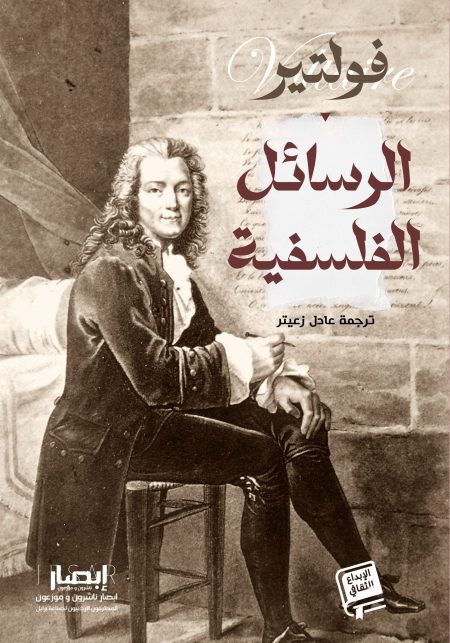962-7983-18423+
24/7 دعم

François-Marie Arouet, better known by his pseudonym Voltaire (21 November 1694 – 30 May 1778), was a French writer and philosopher who lived during the Age of Enlightenment. Known for his satirical criticism, he is best known for his witty philosophical satire and his defense of civil liberties, especially freedom of religion, equality, and human dignity.
Voltaire was a prolific writer who wrote works in nearly every literary form; he wrote plays, poetry, novels, essays, historical and scientific works, and more than twenty thousand letters, as well as more than two thousand books and pamphlets. Among his most famous works are: “Philosophical Letters” (1734), “Zadig” or “True” (1747), which was translated into Arabic by Taha Hussein, under the name “Fate”, “Candide” (or the Naive) (1759), and “The Philosophical Dictionary” (1764).
Voltaire was an outspoken advocate of social reform despite the existence of strict censorship laws and harsh penalties that were applied to anyone who violated these laws. As one of those who excelled in the art of argument and satirical debate, he always made good use of his works to criticize the dogmas of the Catholic Church and the French social institutions of his time.
Voltaire was one of the many prominent figures of the Age of Enlightenment (along with Montesquieu, John Locke, Thomas Hobbes, and Jean-Jacques Rousseau) whose works and ideas left their clear mark on important thinkers whose ideas belong to the American Revolution and the French Revolution.
